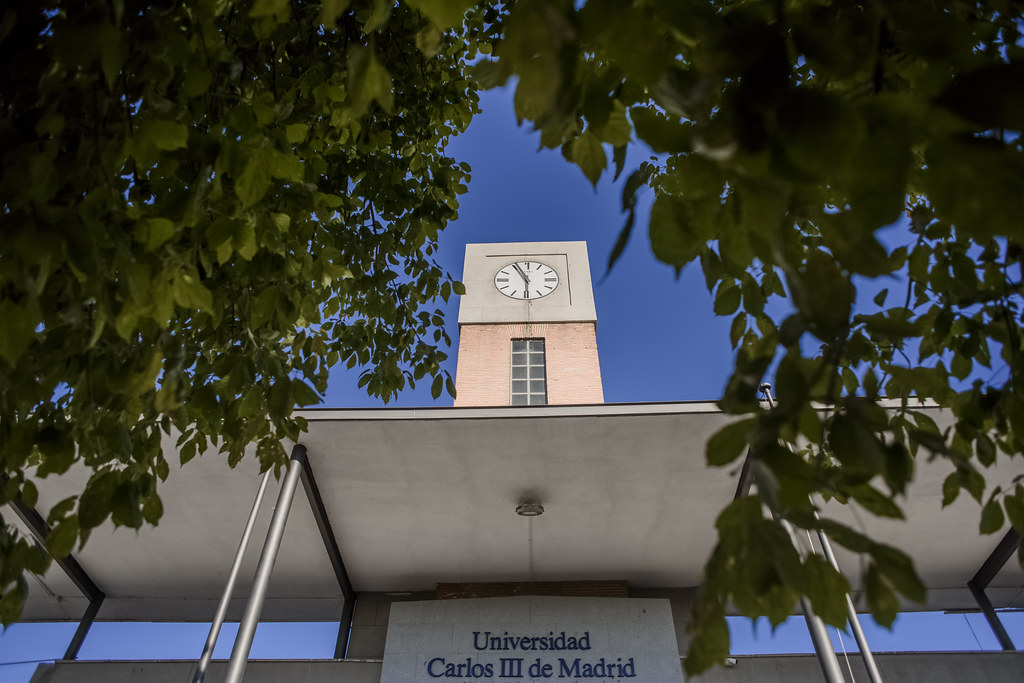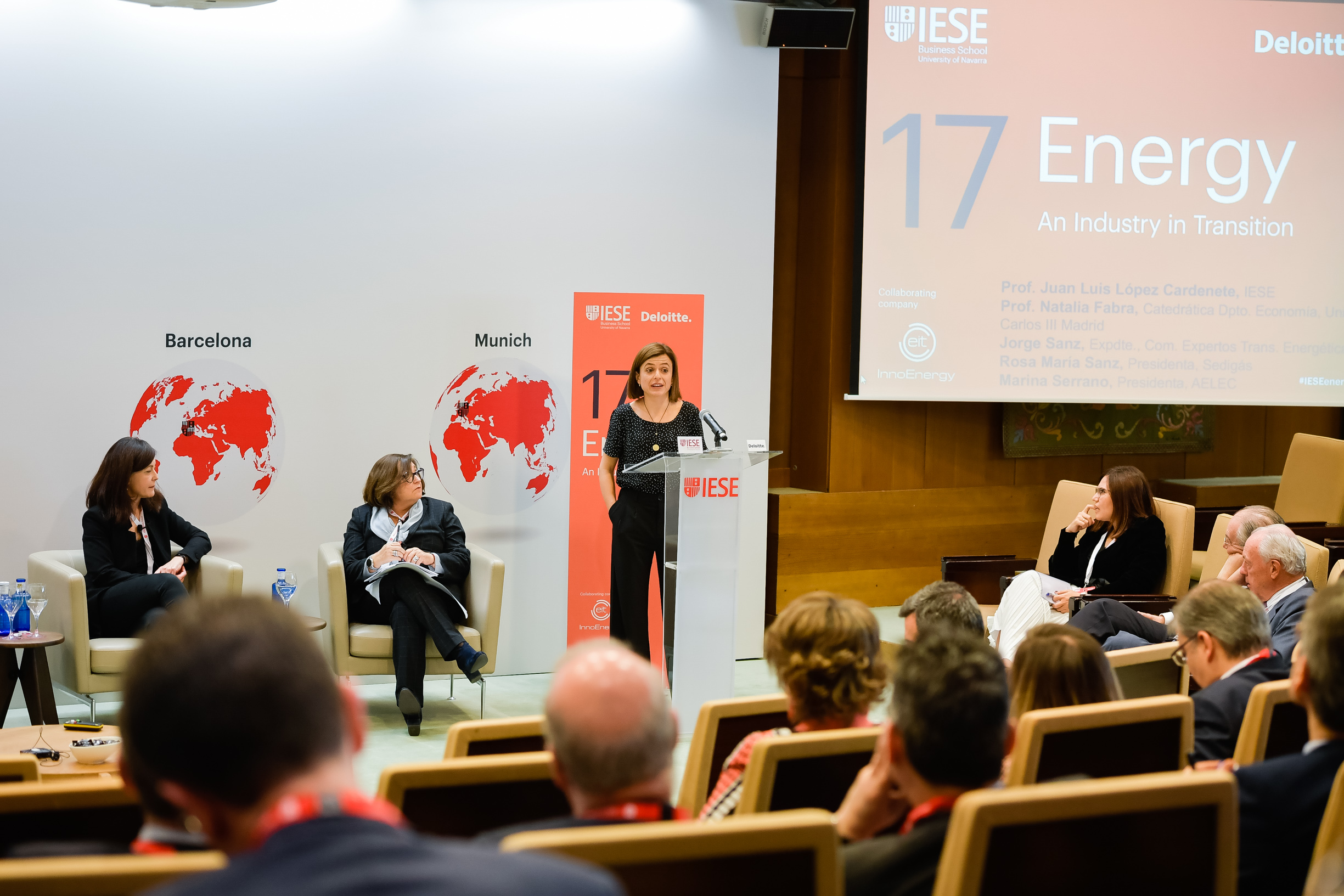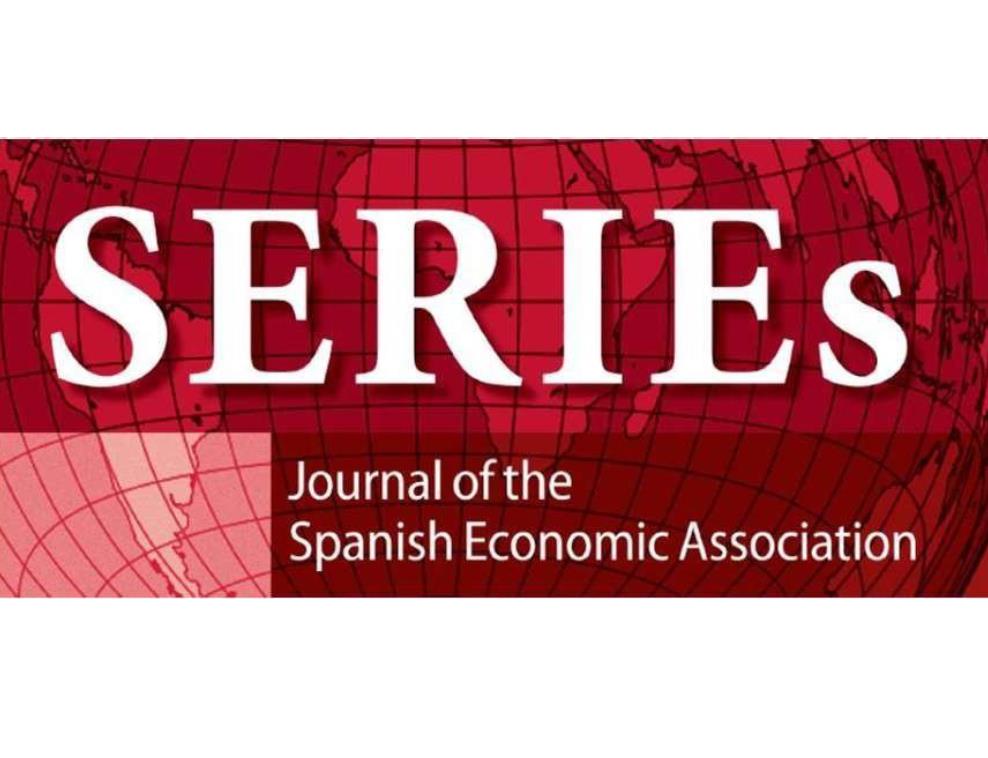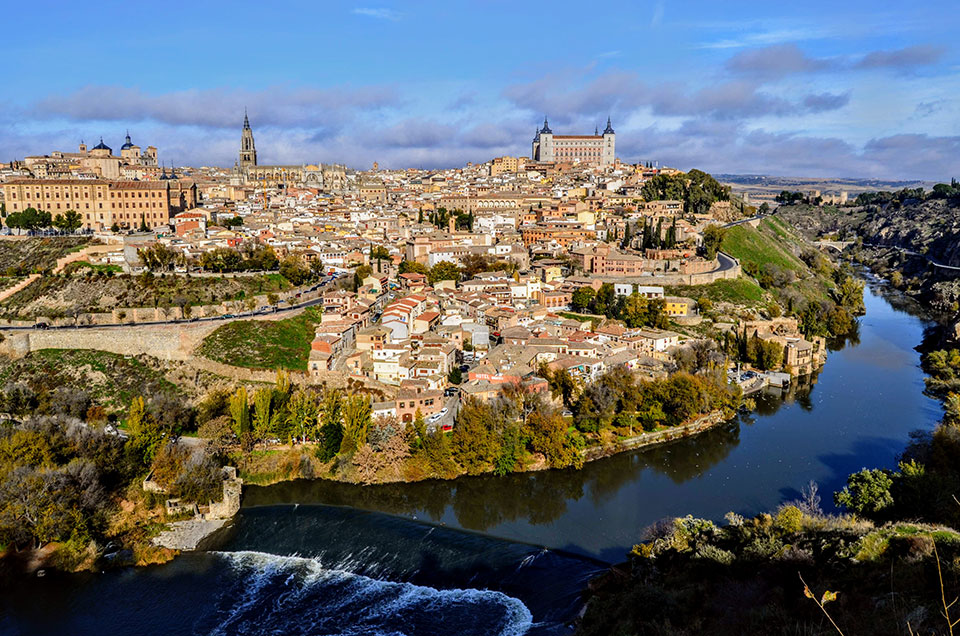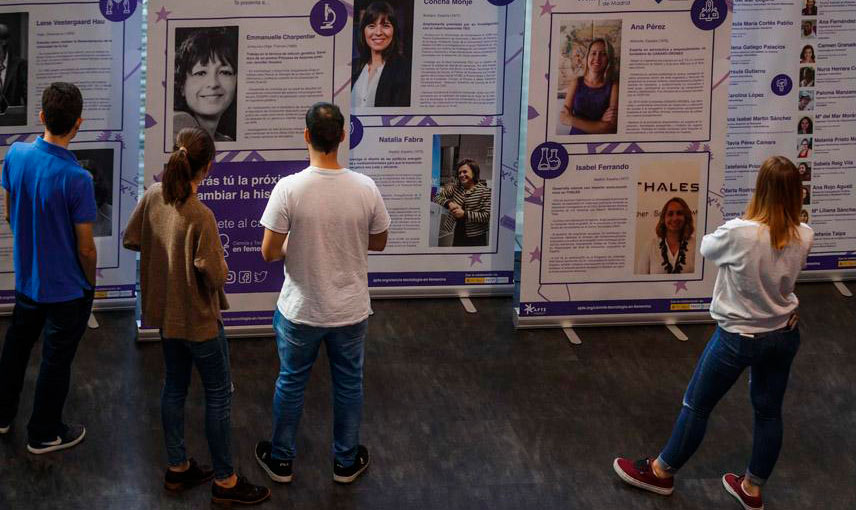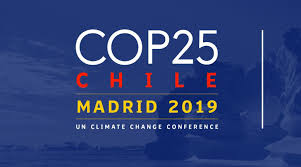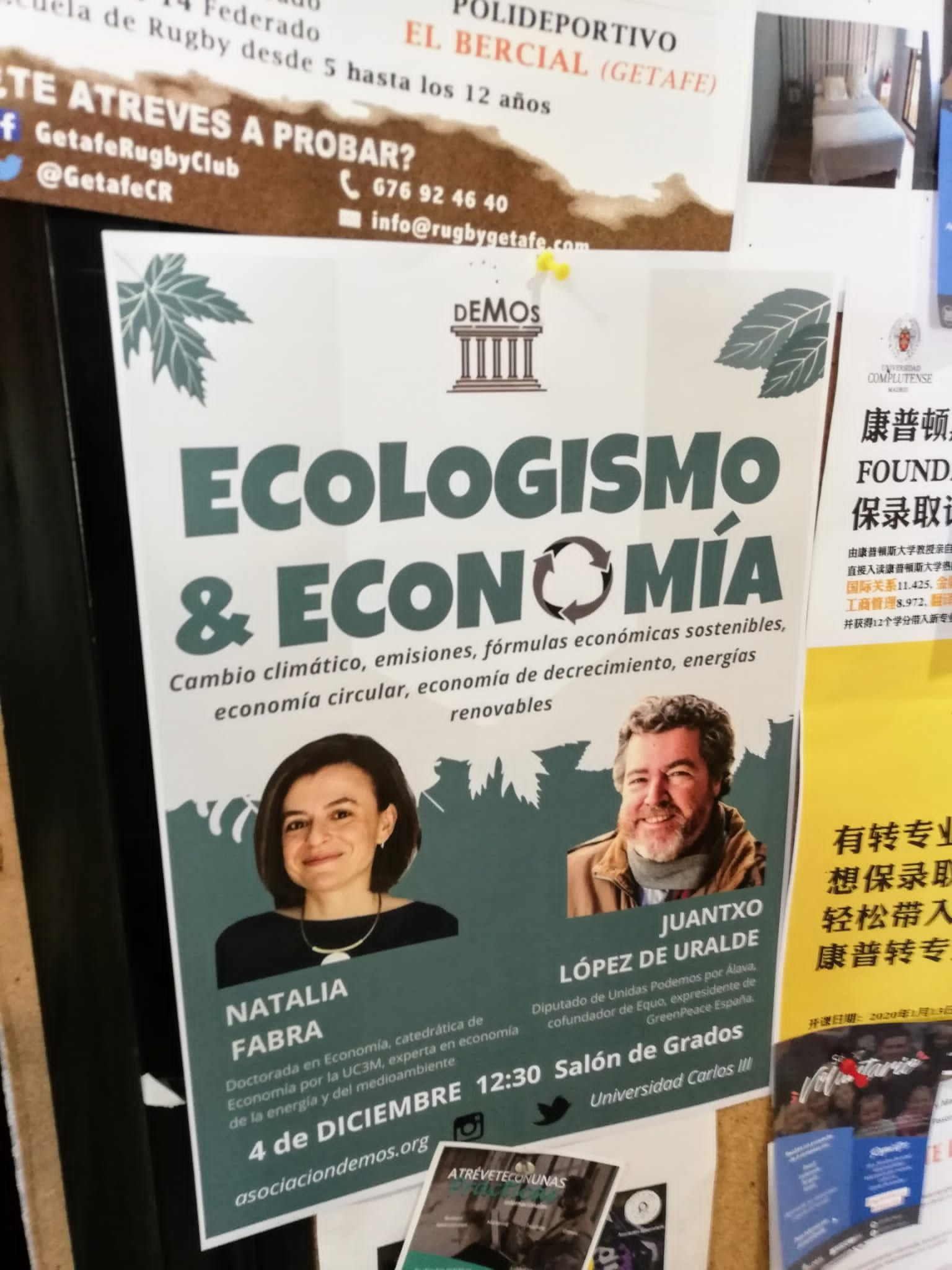Given the current COVID situation we have decided to postpone the PhD Summer School on “Economic Foundations for Energy and Climate Policies” until September 2021. More information will be provided on the website and a new call for submissions will be published next year.
We are pleased to announce that we will be organizing the second edition of the PhD Summer School on “Economic Foundations for Energy and Climate Policies”, which is jointly promoted by DIW Berlin, EUI-Florence School of Regulation, Technical University Berlin, Universidad Autónoma de Madrid, University College London and Université Libre de Bruxelles. The School will combine lectures and policy sessions by leading researchers and policy makers in the field.
The Summer School will be held on September 7-11, 2020 at Universidad Carlos III de Madrid (Downtown campus at Puerta de Toledo)
Confirmed instructors:
- Stefan Ambec (Toulouse School of Economics): “Intermittency of Renewable Energy: Implications for Electricity Markets”
- Estelle Cantillon (Université Libre de Bruxelles): “Design and Development of the EU’s ETS”
- Xavier Labandeira (Universidade de Vigo): “A Primer on Environmental Taxes and Green Tax Reforms”
- Juan Pablo Montero (Pontificia Universidad Católica de Chile): “Environmental Regulation and the Transport Sector”, and “The Design of Environmental Instruments”
The main objective of the School is to provide PhD students in Economics with high-level academic training on the micro-economic foundations of energy and climate policies. The School is also aimed at supporting the development of a PhD-student network for students interested in the topic, and connect them with top academics in the field.

